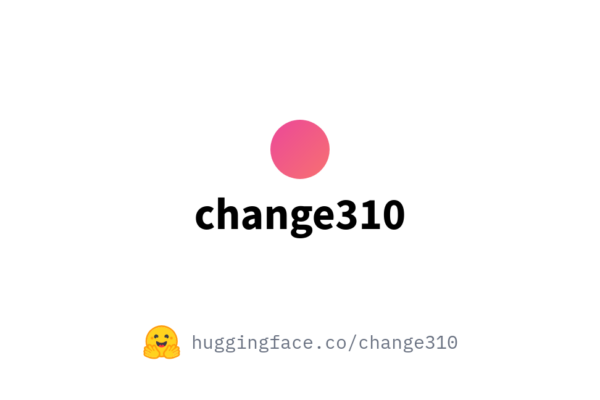
Introduction to the MHRA
The Medicines and Healthcare Products Regulatory Agency (MHRA) is a pivotal body in the United Kingdom, responsible for ensuring that medicines and medical devices are safe and effective for public use. Established in 2003, the MHRA operates under the Department of Health and Social Care, playing a crucial role in safeguarding public health.
Key Responsibilities of the MHRA
The MHRA oversees a broad spectrum of responsibilities, which include:
- Regulating clinical trials and overseeing the licensing of new medicines and medical devices.
- Monitoring the safety of existing products through pharmacovigilance and post-marketing surveillance.
- Ensuring compliance with regulatory requirements by inspecting manufacturers and healthcare providers.
- Providing public health guidance and information related to medications and healthcare products.
Recent Events and Developments
In recent months, the MHRA has garnered attention for its rapid response concerning COVID-19 vaccines. The agency authorised the rollout of various vaccines, including the Pfizer-BioNTech and AstraZeneca vaccines, quickly providing crucial immunisation resources amid the pandemic. According to the latest updates, as of October 2023, over 90% of the adult population in the UK has received at least one vaccine dose, significantly contributing to the decline in COVID-19 cases.
Additionally, the MHRA has been involved in the ongoing review of novel therapies and medications across other health conditions, adapting its processes to streamline applications and ensure that promising new treatments can reach patients swiftly. This includes evolving guidelines for digital health technologies (DHTs), indicative of a shift toward more tech-focused healthcare solutions.
Conclusion: The Significance of the MHRA
The MHRA remains a cornerstone of patient safety and excellence in healthcare delivery in the UK. As the healthcare landscape continues to evolve, particularly in light of technological advancements and public health challenges, the MHRA is expected to adapt and expand its regulatory frameworks. By maintaining rigorous oversight and promoting innovation, the MHRA not only protects public health but also fosters confidence in the healthcare system. For individuals and health professionals alike, remaining informed about the MHRA’s activities is essential for understanding the evolving guidelines and regulations that impact healthcare delivery.
You may also like
The Integral Role of Hospitals in Modern Healthcare

The Role of Face Masks in Public Health Today
